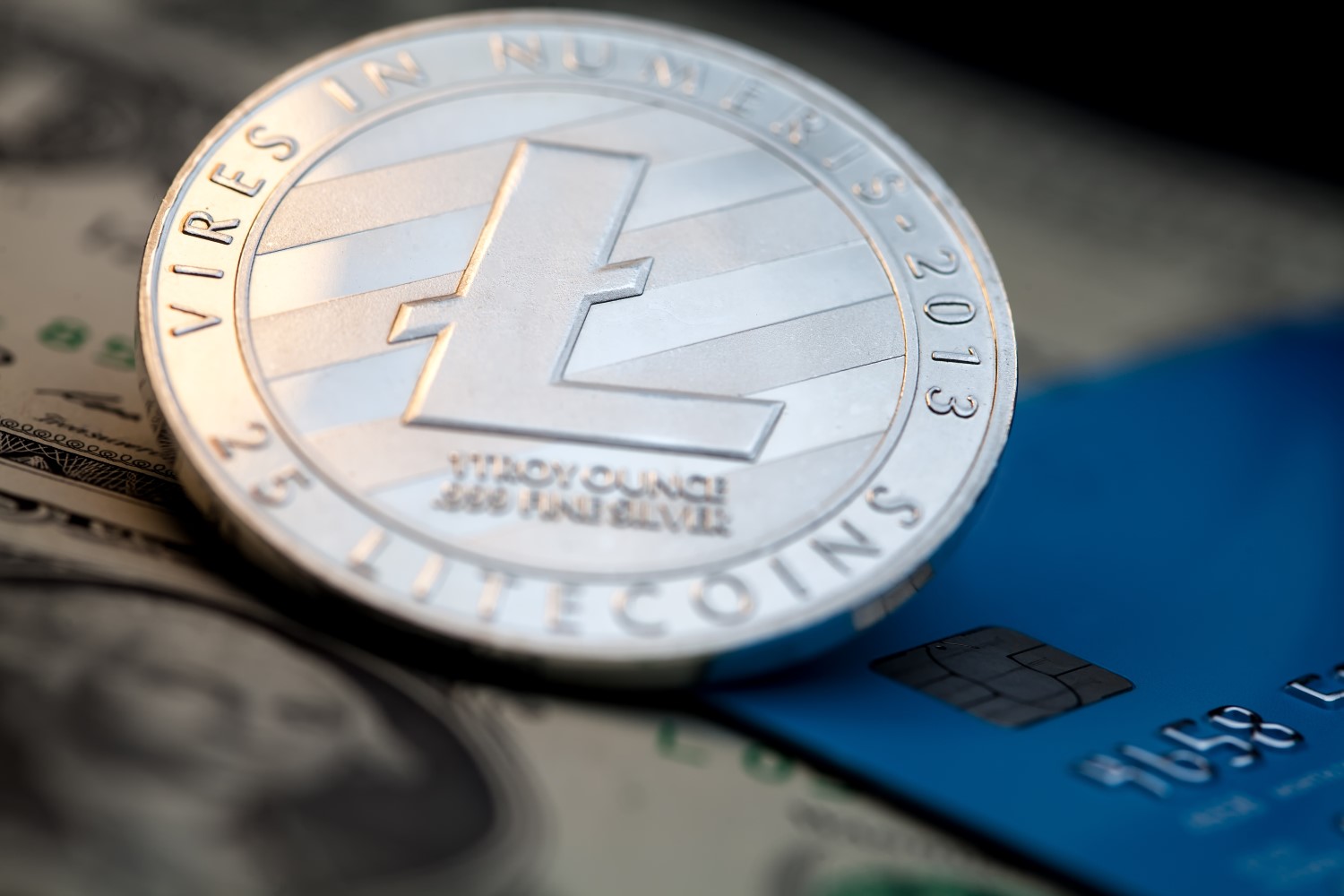The Reactionary Political Theater of CBDC Bans
:format(jpg)/s3.amazonaws.com/arc-authors/coindesk/b4f032f3-017f-479f-8dac-db888ecfe1d4.png)
Daniel Kuhn is a deputy managing editor for Consensus Magazine.
He owns minor amounts of BTC and ETH.
Florida has essentially banned the use of central bank digital currencies (CBDCs) in the state, and its nearby neighbor, North Carolina, as well as several other U.S. states, seem likely to follow soon. This is a major legal advancement in what’s largely been a rhetorical battle: The U.S. government, as it stands, is “looking into” CBDCs but it is still far from, if ever, actually deploying the largely misunderstood technology.
As the 2024 election cycle heats up, CBDCs – a broad term covering a number of ways to “digitize” fiat currencies, which will not necessarily use blockchain or see use by average citizens – have become a flash point. Political critics, largely but not exclusively Republicans, have argued that a “digital dollar” would be a financial privacy nightmare, a tool that empowers the state while exacerbating existing issues with financial inclusion.
This article is excerpted from The Node, CoinDesk’s daily roundup of the most pivotal stories in blockchain and crypto news. You can subscribe to get the full newsletter here.
Over 100 countries are researching CBDCs, but only two – the Bahamas sand dollar and the Bank of Jamaica’s JAM-DEX – are deployed. There are several studies pretty far along, including a two-year project from the European Union, a multinational initiative in the Middle East called Project Aber and, perhaps most worryingly to U.S. pols China’s “digital yuan,” which debuted to the world during the last Olympics, among dozens of other on-going proof-of-concepts and pilot programs.
What all of that research has revealed is … complicated. There are legitimate risks associated with CBDCs, and theoretical impacts that could reshape the financial sector as we know it. A “retail” CBDC, for instance, essentially a checking account kept at the Federal Reserve that any U.S. resident would be entitled to, would compete against private banks and credit unions, numerous studies have found.
Would that really be bad? At least on my end, I’m a proud supporter of broad, universal programs that provide people access to stuff – whether that’s governments setting aside land for the “public good” or systems like Bitcoin and Ethereum that do something similar for finance. More to the point, CBDCs would be large systems where the full range of outcomes is not currently understood.
That hasn’t stopped people from saying definitively that a theoretical CBDC’s risks outweigh the benefits. Circle, the stablecoin issuer, has come out strongly against them. So has Florida Governor Ron DeSantis (R–FL), who will soon have the chance to pass into law the bill he proposed to Florida legislators banning CBDCs in the state.
While a statement from Circle is very much worth considering because the company has as large a financial incentive to oppose CBDCs (which could compete with its USDC token) as well as a reason to rally behind them as a potential technology provider for global CBDC development, the political theater from actors like DeSantis is truly regrettable.
Last March, the Biden administration announced intentions to “assess the benefits and risks” of central bank digital currencies, joining dozens of other initiatives around the world. This being America, and DeSantis being the opportunistic politician he is, the Florida governor almost immediately proposed a law to “prohibit” CBDCs in the state. A number of similar initiatives soon followed (including a media event from Sen. Ted Cruz (TX.), being the opportunistic politician that he is).
And this being America, where the political process bogs down anything useful but expedites the most dysfunctional laws, these state legislative bans of CBDCs are coming to pass. Many in crypto will see this as a win, having convinced themselves that all statecraft is devil’s work. But I urge humility and ask for patience: not only because the verdict isn’t out on CBDCs, but because the laws that are being proposed and introduced may end up doing more harm.
North Carolina’s representatives are going to block the state from participating in potential CBDC experiments. So when did research become a bad thing? Florida literally redefined what “money” is to exclude CBDCs. While the Bitcoin Policy Institute has praised DeSantis’ action in particular, it also published a report stating all this anti-CBDC fervor may end up impeding the industry’s growth by introducing poorly-written rules, or causing politicians to reject pro-crypto reforms.
This is to say nothing of the latent sinophobia in many CBDC critiques, which often says a digital dollar or digital euro would be used as a tyrant’s tool because CBDCs have more-or-less become synonymous with the digital yuan, a topic my colleague Emily Parker explored in a recent article. Or the idea that CBDCs might prevent the types of “financial censorship/replatforming” that critics predict, precisely because a CBDC may be subject to constitutional protections that banks do not have to follow.
In the end, CBDCs may not be advisable in the U.S. or elsewhere. But that’s something countries should decide on after considering the evidence. The only thing worse than political theater is being forcefully stuck as a character in someone else’s stupid ass political play.
Learn more about Consensus 2024, CoinDesk’s longest-running and most influential event that brings together all sides of crypto, blockchain and Web3. Head to consensus.coindesk.com to register and buy your pass now.
DISCLOSURE
Please note that our
privacy policy,
terms of use,
cookies,
and
do not sell my personal information
has been updated
.
The leader in news and information on cryptocurrency, digital assets and the future of money, CoinDesk is a media outlet that strives for the highest journalistic standards and abides by a
strict set of editorial policies.
CoinDesk is an independent operating subsidiary of
Digital Currency Group,
which invests in
cryptocurrencies
and blockchain
startups.
As part of their compensation, certain CoinDesk employees, including editorial employees, may receive exposure to DCG equity in the form of
stock appreciation rights,
which vest over a multi-year period. CoinDesk journalists are not allowed to purchase stock outright in DCG
.
:format(jpg)/s3.amazonaws.com/arc-authors/coindesk/b4f032f3-017f-479f-8dac-db888ecfe1d4.png)
Daniel Kuhn is a deputy managing editor for Consensus Magazine.
He owns minor amounts of BTC and ETH.









